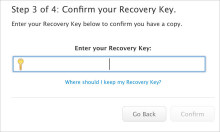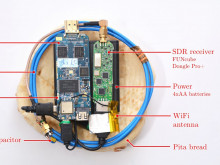FBI and DOJ threaten tech companies with legislation forcing them to break encryption
Yesterday FBI Director James Comey and Deputy Attorney General Sally Quillian Yates testified before a Senate Judiciary committee that they are stumped by end-to-end encryption and that while they want to work with the private sector to come up with a solution Yates noted that a legislative mandate “may ultimately be necessary” to force companies to comply.













































































